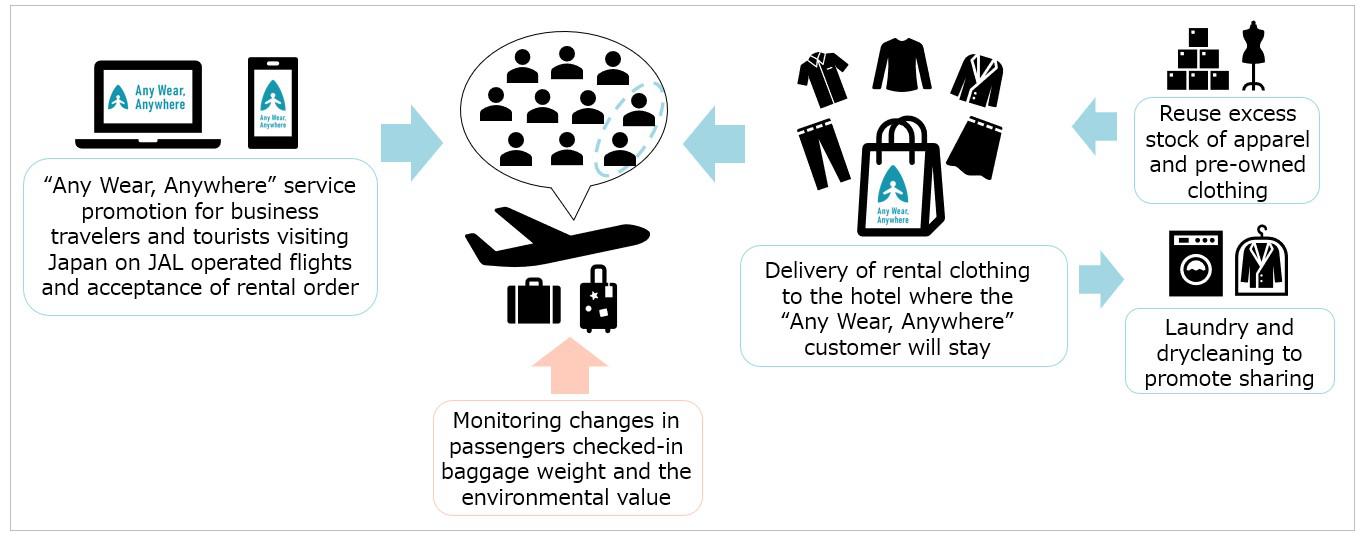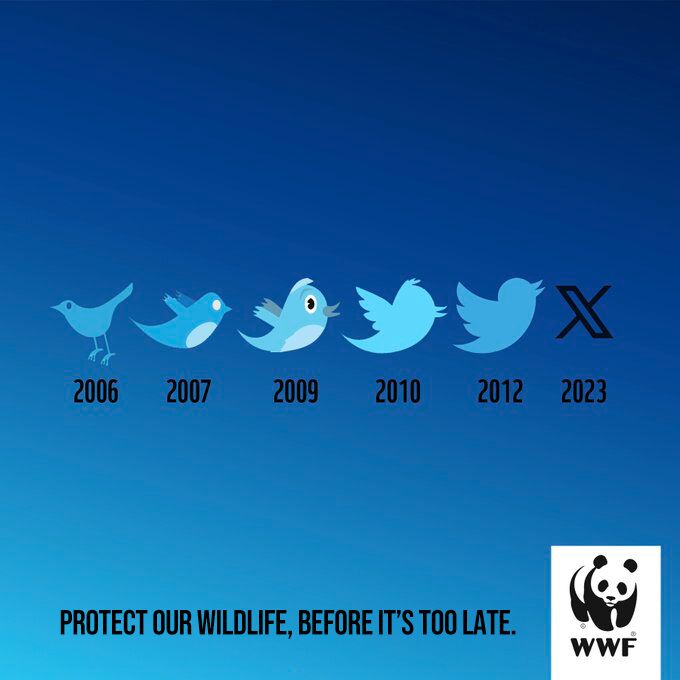We’ve dedicated more words to remote jobs vs. return to office than Charles Dickens dedicated to class divisions in 19th-century England. But last week, this tale of two workplaces had an (all-over) twist.
Zoom, the video conferencing app that became a household name during COVID, has instructed its employees to come back to their desks. “Employees that live near an office need to be onsite two days a week to interact with their teams,” the company said in a statement, which called for a “structured hybrid approach.”
That’s in line with many other companies’ 2023 policies, but it’s a notable admission from Zoom that the era of unlimited telework has passed. Although Zoom employees who’ve grown accustomed to a certain lifestyle might feel Scrooged, they should have Great Expectations for in-person teambuilding activities.
|
|
|
Dumb Phones Are Cool Again — But Can You Run a Business With One?
|
Phones are smarter than they were in the early 2000s … but are people any happier? Study after study finds that constant online connection — and the social media addiction it fosters — might not be conducive to mental health, especially for young people.
Is it any wonder that Y2K-throwback “dumb” phones are making a comeback?
Each month, Nokia (yes, that Nokia) is selling tens of thousands of flip phones and “feature phones.” These low-priced unsmart mobile phones offer a huge battery life and physical keypads, but few features beyond calls and texts. They’ve got five current models without a touch screen in sight.
It’s becoming a movement — led by Gen Z, who barely remembers the flip phone era — away from the forever-connected, endlessly-accessible, and attention-draining smartphone. Instead, it harkens back to something a little simpler and, just maybe, a little easier on our brains. But in the modern business world, which requires every company to have a steady digital presence, is it possible for entrepreneurs to ditch their iPhone?
|
|
|
There’s a productivity case for it, according to Will Stults of online storefront dumbwireless.
“If you are like the majority of people in America, you are wasting well over an hour per day just with smartphone distractions,” Stults says. “If you could have all that time back, and allocate it to your work … do you think it would be worth it?”
He admits that the switch comes with “some trade-off of convenience” for business people, but adds, “You’re not aching to grab a device from your pocket that’s feeding you highly addictive content and giving you a dopamine hit every time you open it. Maybe it brings you to be more present.”
For those curious to dumb down, you can try it out by swapping your SIM card from your smartphone to a feature phone (some of which have email and GPS). Perhaps you’ll find you need Apple or Android’s latest to keep things humming … or perhaps without endless connection and distraction, you’ll suddenly feel as recharged as your phone’s battery in the morning.
|
|
|
+20%
Number of tools, sites, and apps employees used in 2022 vs. 2021.
(Source)
|
|
|
Award-Winning Commercial Sells Earth as “Urgent IPO”
|
Many businesses have made sustainability commitments, but what if the planet itself were a (quite troubled) business?
That’s the conceit of “EART4,” a 30-second advertisement from Brazil’s AlmapBBDO ad agency that recently won the B2B Grand Prix at the Cannes Lions International Festival of Creativity. A series of poor asset management decisions has placed the organization in jeopardy; in fact, its last annual report was its worst in history because property is diminishing across the portfolio.
The no-nonsense, down-to-the-wire messaging — developed for a partnership between Brazil’s B3 Stock Exchange and United Nations Global Impact — is meant to speak to business leaders in familiar terminology. Watch the advertisement on YouTube.
Inspired? Use our FREE marketing plan template to build out an advertising campaign for your business.
|
High Fashion: Rent the (Airport) Runway With Japan Airlines
|
|
|
Are you an overpacker who needs to sit on your luggage just to zip it shut?
If so, Japan Airlines wants to help. Its new initiative, “Any Wear, Anywhere”, lets you rent outfits during your stay in Japan, delivered straight to your hotel for up to two weeks. The seasonal sets start at only $28 for three tops and two bottoms — either preowned or acquired from excess stock — which the savvy traveler may compare to checked bag fees to weigh their options.
Speaking of weighing, Japan Airlines intends “Any Wear, Anywhere” to cut down on carbon emissions by reducing its cargo loads. The initiative runs until the end of August 2024.
|
|
|
Written by Dan Ketchum, Elizabeth Barton, and Shannon Simcox.
|
|
|
|



.jpg)


